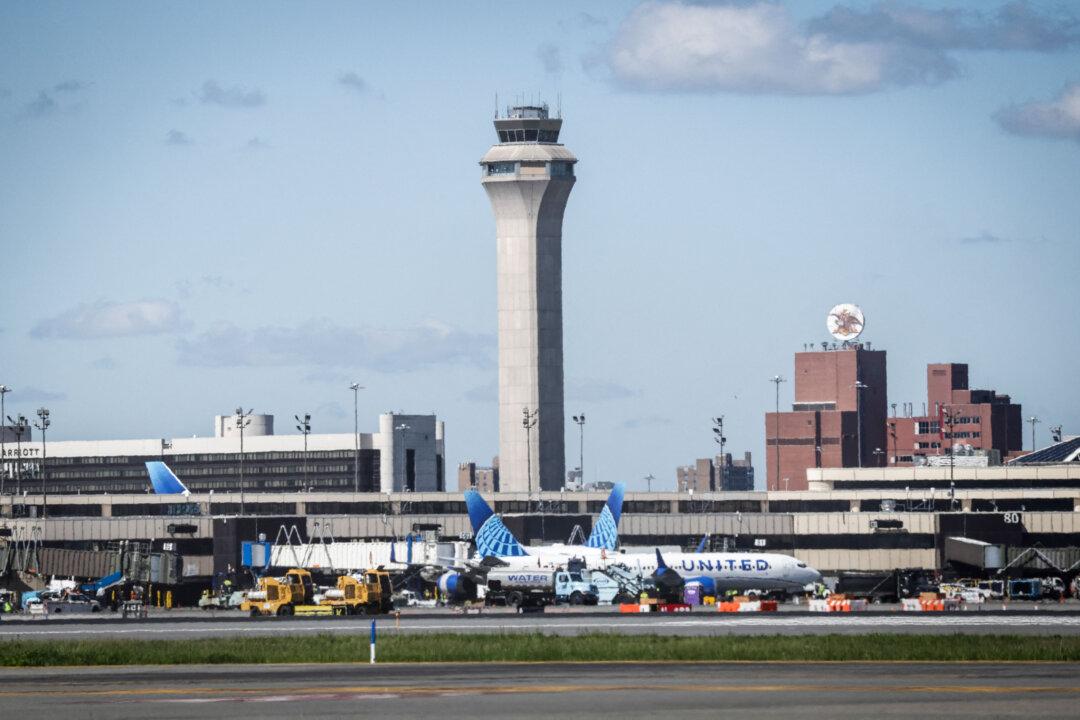The CEOs of 10 airlines wrote an open letter to members of Congress on Wednesday, asking them to take “bold action” and rebuild an aging air traffic control system that is “failing Americans.”
The May 21 letter was sent by Airlines for America, a trade association of leading U.S. airlines. It cited a 2023 report from the Federal Aviation Administration (FAA) that said that understaffing of the Air Traffic Organization was eroding the system’s margin of safety.





